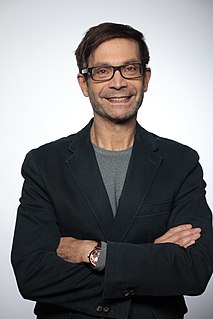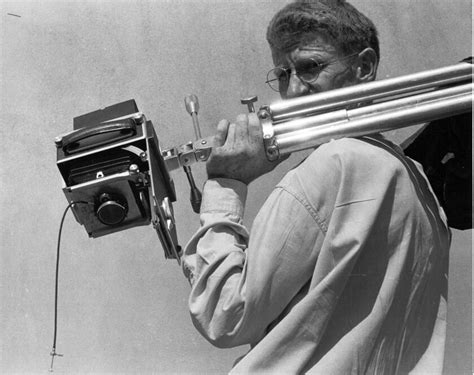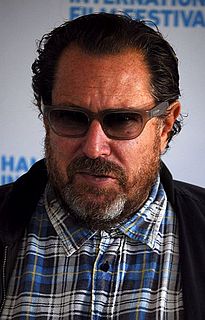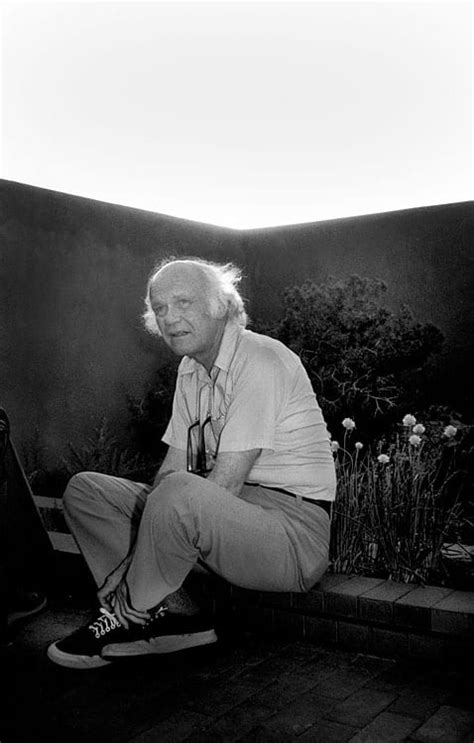A Quote by David Maisel
It was only after a while, after photographing mines and clear-cutting of forests in Maine, that I realized I was looking at the components of photography itself. Photography uses paper made from trees, water, metals, and chemistry. In a way, I was looking at all these things that feed into photography.
Related Quotes
Photography is a life of learning. That's all I want from photography. I don't want the money. I don't need the fame. I don't need the admiration. I'd like all of those things, but I don't need them. Because what I get from photographing is learning. I have spent my life learning by looking through a lens.
To know whether photography is or is not an art matters little. What is important is to distinguish between good and bad photography. By good is meant that photography which accepts all the limitations inherent in photographic technique and takes advantage of the possibilities and characteristics the medium offers. By bad photography is mean that which is done, one may say, with a kind of inferiority complex, with no appreciation of what photography itself offers: but on the contrary, recurring to all sorts of imitations.
I chose makeup over photography because there was something very sensual about makeup that I loved. But photography was always in the back of my mind. That was always something that I was very connected with: looking at magazines, enjoying photography, and then taking pictures myself when I was a kid.
I collect art on a very modest scale. Most of what I have is photography because I just love it and it makes me happy and it looks good in my home. I also have a pretty big collection of art books mainly, again, on photography. A lot of photography monographs, which is great because with photography, the art itself can be reproduced quite well in book form.
When I was in the 12th standard itself, I decided to join the Adyar Film Institute and study photography. I specifically chose photography because I see photography as an applied science. There is an artistic element also in it. If you perfect your scientific element, you can attain certain quality.


































